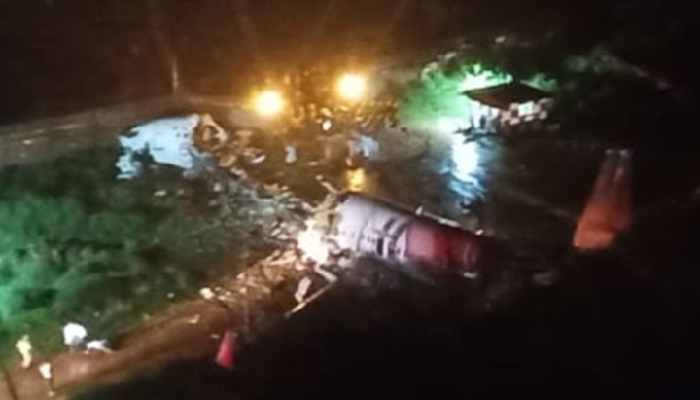Iran's President Hassan Rouhani on Saturday called Israel a "cancerous tumour" established by Western countries to advance their interests in the Middle East.
Iran's leaders frequently condemn Israel and predict its demise, but Rouhani rarely employs such rhetoric.
Addressing an annual Islamic Unity Conference on Saturday, Rouhani said "one of the ominous results of World War II was the formation of a cancerous tumor in the region".
He went on to refer to Israel as a "fake regime" set up by Western countries.
Iran supports groups like Hezbollah and Hamas that have pledged to fight Israel's occupation of Palestine.
Iran warned it would hit US and Israeli targets if it were attacked by the US after President Donald Trump’s security adviser said Washington would exert maximum pressure on Tehran going beyond economic sanctions. Israel views Iran as an existential threat.
Rouhani said the US cultivates close ties with "regional Muslim nations" to protect Israel, an apparent reference to Iran's regional rival Saudi Arabia and the kingdom's Sunni Arab allies.
He said bowing to US pressure amounts to "treason".
"We have a choice to either roll out red carpets for criminals, or to forcefully stand against injustice and remain faithful to our Prophet, our Quran and our Islam," Rouhani said.
Earlier in November, the US reimposed sanctions against Iran, cutting its energy exports and its banking industry.
Rouhani also said that Iran was prepared to defend Saudi Arabia from "terrorism and superpowers".
"We do consider you as a brother," he said. "We do consider the people of Mecca and Medina our brothers," he added, referring to Islam's two holiest cities, in Saudi Arabia.
Saudi Arabia cut diplomatic ties with Iran nearly three years ago after Iranian protesters stormed its diplomatic posts in Iran in response the kingdom's execution of prominent Shia Muslim leader, Nimr al-Nimr.
The two countries support opposite sides in the wars in Syria and Yemen.







Comments
Hathi ke dant dekhane ke aur khane ke aur ! Hizbullah (Hizbushayateen) never attacked once so called enemy Israel, now Muslims knows the real face of Rafidhi shias, Rouhani forget to mention that Iran 100% supporting Houthis in Yemen, Houthis several time tried to attack Mecca by ballastic Missiles which Iran provided to Houthis and Now Khabis Rouhani referring Mecca and Madina people are brothers
All muslims knew isreil is cacerous tumor in middle east... but muslims should also knew Iran is dangerous tumor to muslim world... and also know Iran is sacred place to most of isreli jews.
Add new comment